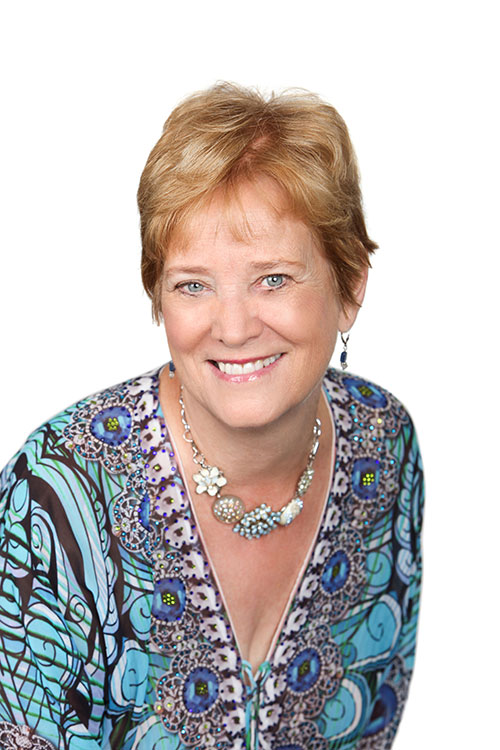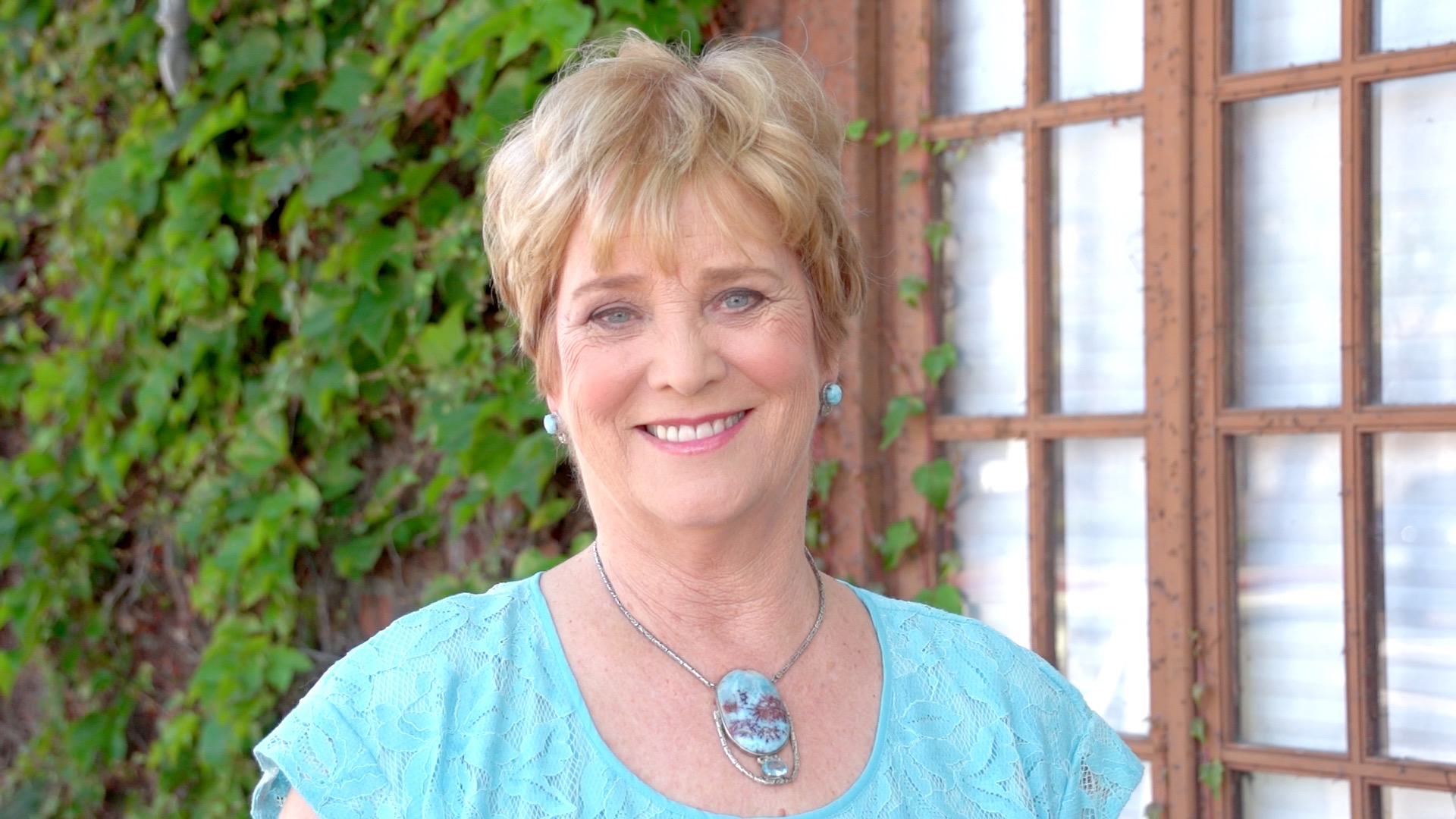There are alternatives to using prescription drugs for ADHD labeled children that are highly effective. Advocating for children, requires that we as adults take a more proactive stance is finding healthy solutions. Rather than taking the medical profession and the educational system’s recommendations, why don’t we take a deeper look into the causes of ADHD?
ADHD – Non-medication Options for Kids
The growing number of children on prescriptions drugs such as Adderal, Concerta and Ritalin seems to have multiplied in the last few years. According to a child neurologist, Fred Baughman, Jr., M.D., up to 20% of children of school age are on behavioral medications.
Parents struggle with the concerns about the side affects of these drugs and wonder if there are more natural alternatives to treating their ADD or ADHD diagnosed child. Many parents are reaching out to support groups such as CHADD, Children and Adults with Attention-Deficit/Hyperactivity Disorder. Many support groups, parenting classes and educational informational resources like the Attention Deficit Disorder Association are uniting and empowering parents with the challenge of raising these children.
An alternative to medicating children with prescription drugs is changing the child’s diet. According to a study published in The Lancet journal, giving children a restrictive diet could significantly reduce ADHD symptoms. The lead author of the study, Dr. Lidy Pelsser, states that 64 % of ADHD diagnosed children have a hypersensitivity to food. Holistic doctors such as Naturopaths are guiding parents to eliminate processed foods that contain additives from their children’s diet and substituting healthy fresh food instead.
We need to look at the ‘cause’ of ADHD, not mask it with drugs. As advocates for children we need to take a deeper look into what is driving their behaviors. If we leave children with the belief that they are only ‘okay’ if they have a drug to help them, their self-esteem is disrupted. The knowledge that they are not capable of succeeding on their own can lead to depending on other drugs to solve their problems. Children deserve more from us.
Another effective way to treat these children is to provide psychotherapy for them and their families. Children who unconsciously ‘space out’ instead of focusing on their schoolwork or who cannot sit still are often displaying the distracting behavior that is caused by experiences coming from the unconscious mind. These children are not trying to drive the parents ‘crazy’ or disrupt the classroom purposely. They just don’t know how to do things differently. I use a therapeutic process that has successfully helped ADHD children, which is described in my book, Turning the Hourglass: Children’s Therapeutic Passage Through Traumas and Past Lives. I have found that the source of the ADHD behavior and symptoms is based on their past emotional experiences. Using a technique called Regression Therapy I have helped children naturally release these causes of their behaviors.
When faced with the multi-dimensions of possible roots of ADHD, do not forget the influence of the educational system and its current strategies towards children’s learning. What seems neglectful in that system is the denial that children have individual learning styles. It is not a one size fits all. Many children learn kinesthetically rather than through the visual or auditory channels which most schools use. These children are the ones who need a physical connection to the learning process. Sitting at a desk mainly using skills that are not natural to them may create restless children. These restless minds may be the geniuses of our future. Should we label these awesome children much less medicate them?



Trackbacks/Pingbacks